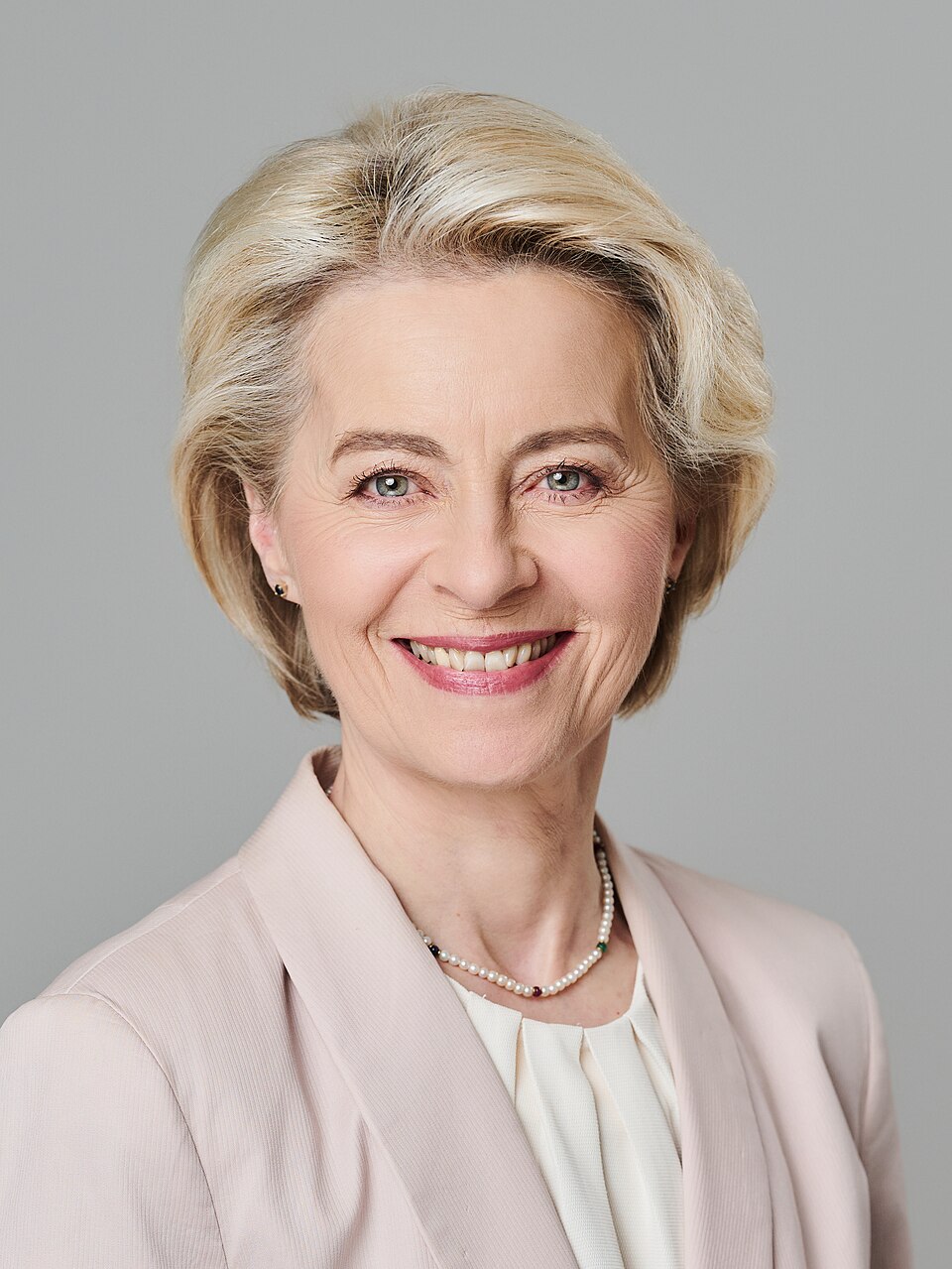
Introduction
Ursula von der Leyen, the President of the European Commission since December 2019, plays a crucial role in shaping policies across the European Union. Her leadership has become increasingly significant in the context of global crises such as the COVID-19 pandemic, climate change, and geopolitical tensions. Understanding her influence and governance style can offer insights into the future of Europe and its global standing.
Background and Rise to Power
Ursula von der Leyen, a German politician and member of the Christian Democratic Union (CDU), has an extensive background in public service. Before her appointment as the first female President of the European Commission, von der Leyen held various ministerial positions in the German government, including Minister of Defence and Minister of Labour and Social Affairs. Her rise to the presidency of the European Commission was marked by her ability to build alliances across European nations and her strong stance on various political issues.
Key Initiatives and Policies
During her time as President, von der Leyen has prioritized several key initiatives that reflect her vision for a united Europe. One of her notable achievements includes leading the European Green Deal, which aims to make Europe the first climate-neutral continent by 2050. This ambitious plan includes investments in green technologies and a commitment to reducing carbon emissions. Furthermore, she has been instrumental in the EU’s response to the COVID-19 pandemic, overseeing the procurement and distribution of vaccines across member states.
In addition to environmental policies, von der Leyen has addressed various socio-economic challenges, focusing on digital transformation and the promotion of gender equality in the workforce. Her initiatives aim to foster innovation while ensuring that the benefits of the digital economy reach all citizens.
Challenges Ahead
Despite her efforts, von der Leyen faces numerous challenges, including rising nationalism and regional disparities among EU member states. The ongoing war in Ukraine presents additional dilemmas, such as energy dependency and security issues that require a cohesive EU response. Critics argue that her policies may not be sufficient to tackle the complexities posed by these challenges.
Conclusion
Ursula von der Leyen’s leadership has been characterized by a commitment to environmental sustainability, public health, and digital innovation. As she continues to navigate a rapidly changing global landscape, the implications of her policies will significantly influence the future of the European Union. Observers anticipate that her ability to mediate conflicts and foster unity within the EU will be crucial in shaping Europe’s response to both internal and external pressures in the coming years.



